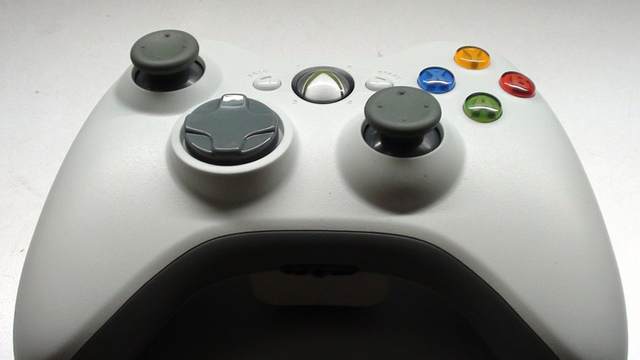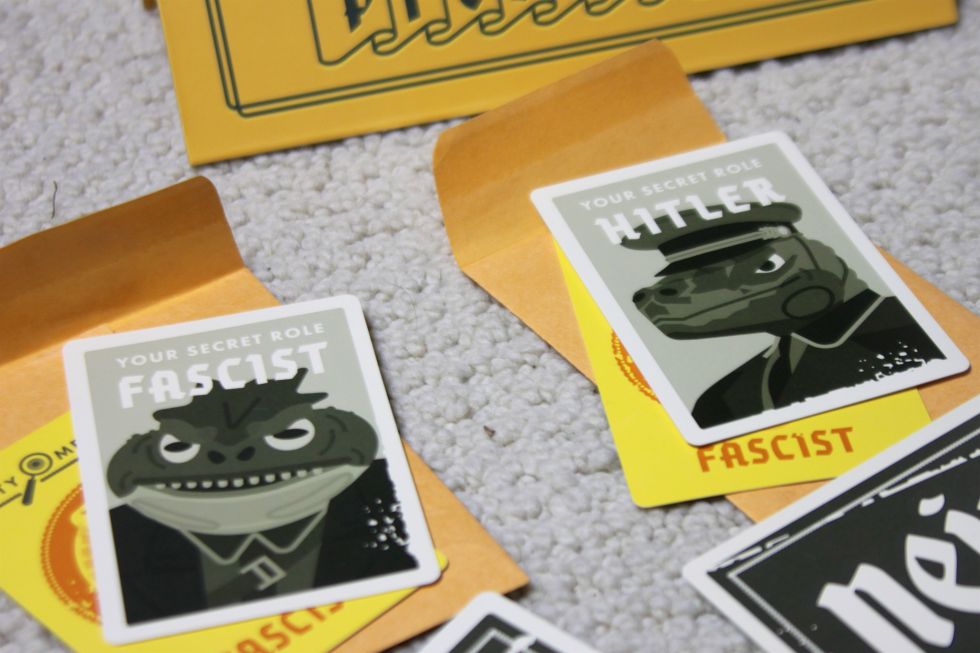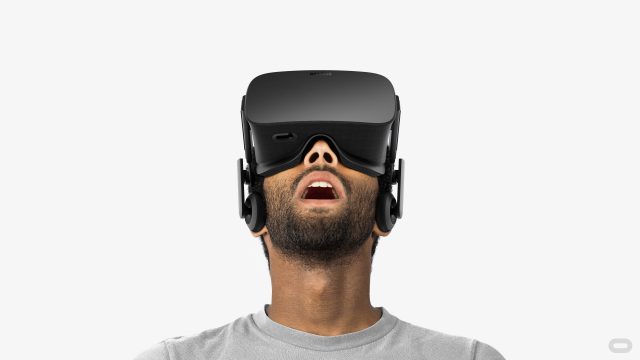
Those following virtual reality developments woke up to some surprising news this morning, with headlines blaring that Frontier's high-profile space sim Elite: Dangerous was dropping Oculus Rift support in favor of the SteamVR-powered HTC Vive. Those headlines were especially surprising considering that Elite: Dangerous had been one of the best showcases for the Oculus Rift development kits so far (just ask our own Lee Hutchinson).
It turns out that those initial headlines were wrong—or at the very least misleading. Elite: Dangerous is still planned for the Oculus Rift, as it has been all along. "This is not true. I wish people would check their facts," Elite CEO David Braben tweeted in response to one of those early headlines.
The source of the confusion seems to be a statement Frontier gave to Eurogamer, saying that "right now, we've chosen to focus on SteamVR. We haven't cut an exclusivity deal with any VR manufacturer, and we're still working with Oculus on Rift support."








